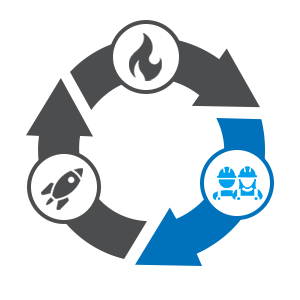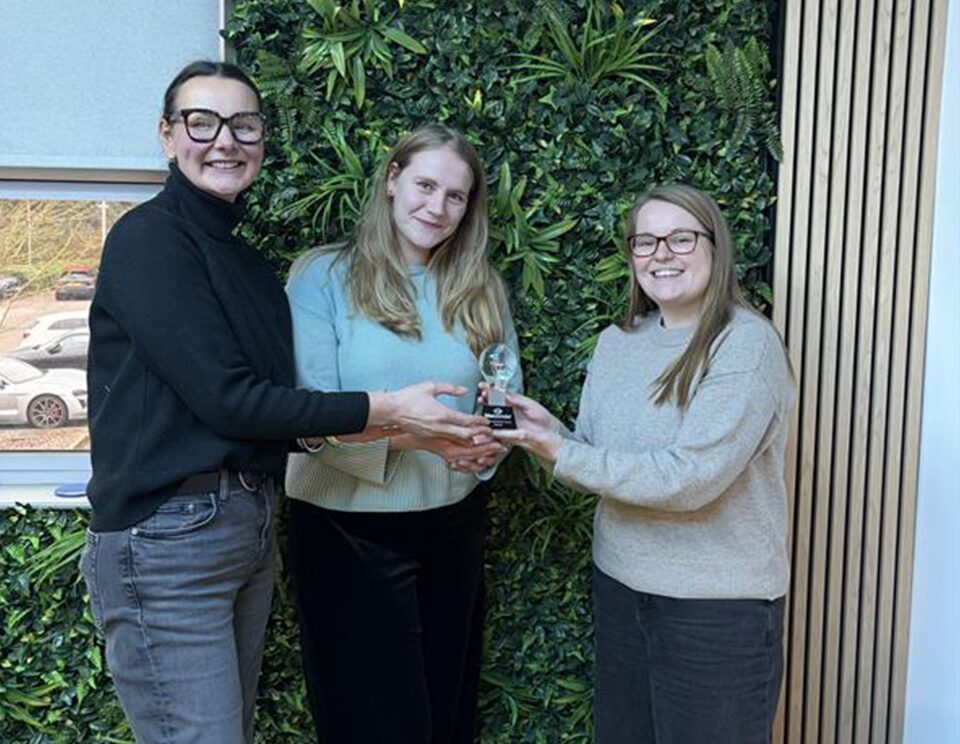World-class qualitative research
Designed to explore, excite and find your edge…
Our qualitative tool kit includes a range of in-person, online, ethnography, synchronous, asynchronous, in the moment, and community research methods.
It’s about using the most appropriate techniques to answer the challenge. Sometimes that’s something experimental, sometimes it’s tried and tested, and sometimes it’s just about keeping it really simple to work within a time or investment constraint so you can make a quick decision.
Qualitative expertise
Our roots are in technical R&D. We’re trained by global companies to identify the smallest tweaks in product designs that really make a difference to consumers.
Handle two millimetres too small? Fragrance hedonics not quite right at a particular moment in the usage journey? No details go uncovered, whether the focus is ergonomics, hedonics, aesthetics…we know the precision R&D teams need to make decisions, and we help you set and refine the guardrails for product development.
As we’ve grown, so too has our scope. We regularly work on strategic innovation pieces, or deep dive into unmet category needs. But our ethos remains the same; the rigorous approaches, the inquisitiveness. The search for the ‘why’, ‘so what’ and ‘what next’ are just as applicable to strategic global work as they are to product design.
With any brief, it’s about relentless practicality. What’s in scope, who’s using the outputs, what do they need to know and what will make them sit up and listen? Because an insight is useless unless it drives business change.
Our senior qual team
Success stories…
Frequently asked questions
We hope you find these FAQs and short answers useful. If there is anything further that you would like to know, please get in touch via the contact form below.
Qualitative research is a method of enquiry that focuses on exploring and understanding the richness and depth of human experiences, behaviours, and social phenomena through non-numerical data, such as interviews, observations, and textual analysis.
Ethnography is a qualitative research method that involves the systematic study and observation of people and their cultures. Researchers immerse themselves in the community or group they are studying, often for an extended period, to gain a deep understanding of their social practices, behaviours, and perspectives. Ethnographers typically use participant observation, interviews, and fieldwork to collect data, aiming to provide a holistic and context-rich description of the culture or social group under investigation.
Here are some examples of qualitative research:
- Interviews: to gather in-depth information
- Observations: recording of behaviour
- Focus groups: group discussions to understand perspectives
- Content analysis: examining text, images or media for themes
- Case studies: in-depth analysis of a single case or situation
- Ethnography: immersive study of a specific culture or community
- Narrative analysis: studying stories or personal accounts
- Grounded theory: developing theories from collected data
These methods provide rich insights into the context and meanings of the studied subject.
Qualitative research is a method used to explore and understand people’s experiences, behaviours, and perceptions. It involves collecting non-numerical data through methods like interviews, observations, and open-ended surveys, with an emphasis on gaining insights into the underlying meanings and context of the subject under investigation. This approach is often used to study complex phenomena and generate in-depth, descriptive findings rather than statistical conclusions.












Stay In Touch